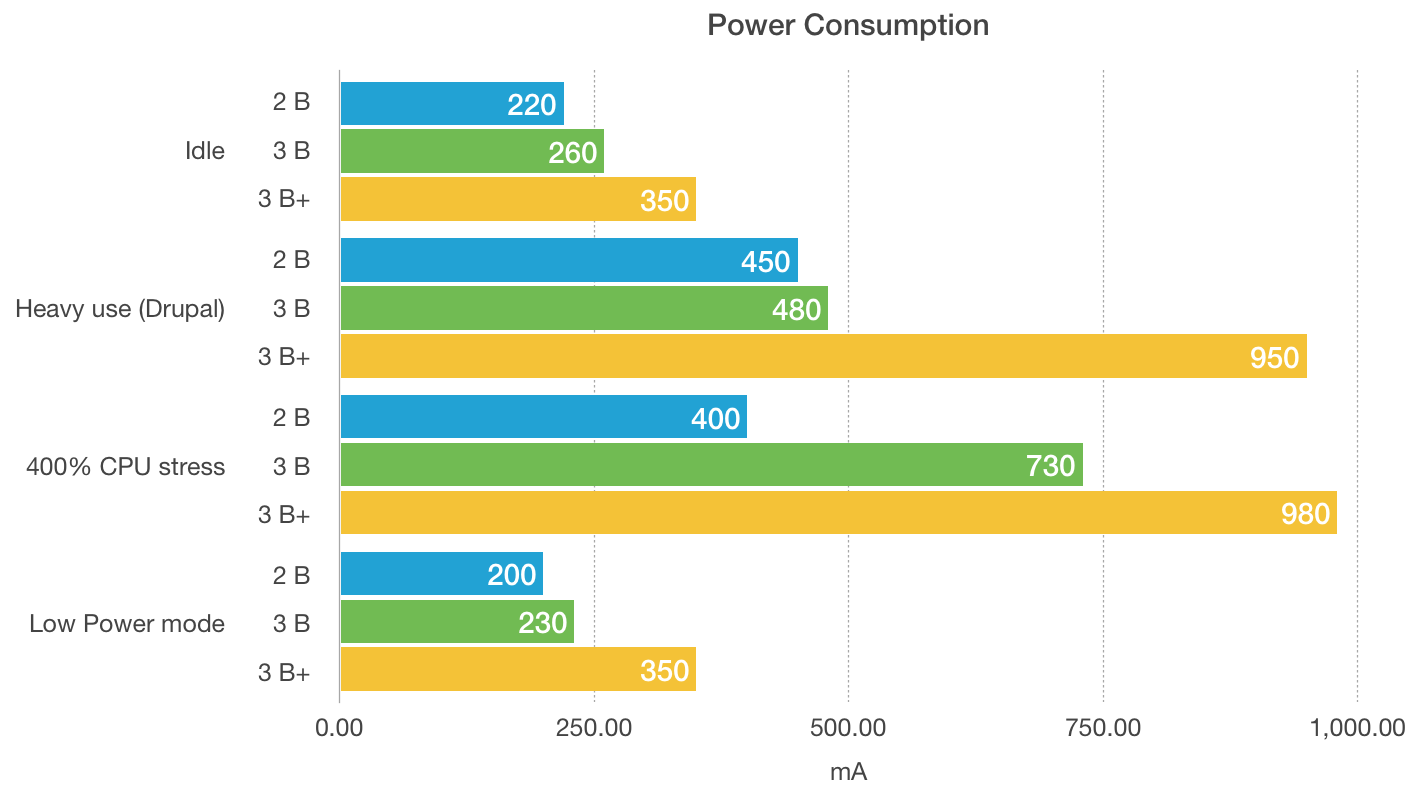I understand that it's a fragmented market and once a profit seeking enterprise gets involved it will speed up (like it always does, It took Apple to put a *nix on the desktop).
Looking at some of the prepackaged Droid and Genesi stuff also.
Realistically you would be better off with the beagle board stuff as there development has been more dynamic because of changes they made for corporate customers. RPi will prob ably be to static for a corporate backer to get on board.
![[H]ard|Forum](/styles/hardforum/xenforo/logo_dark.png)

